 Is your guinea pig more than 4 years old? Perhaps you’ve already been noticing them slowing down, or becoming less active, or maybe you’ve seen them limping a bit after waking up. These are, unfortunately, natural signs of guinea pig arthritis.
Is your guinea pig more than 4 years old? Perhaps you’ve already been noticing them slowing down, or becoming less active, or maybe you’ve seen them limping a bit after waking up. These are, unfortunately, natural signs of guinea pig arthritis.
As our bodies get old, one point of common stress is on our joints. This is especially true for guinea pigs, due to their relatively small feet in proportion to their bodies.
Arthritis in guinea pigs is a condition that affects their joints and can lead to discomfort and mobility issues. In this article, we will explore the causes, symptoms, and potential treatments for guinea pig arthritis.
Symptoms of Guinea Pig Arthritis
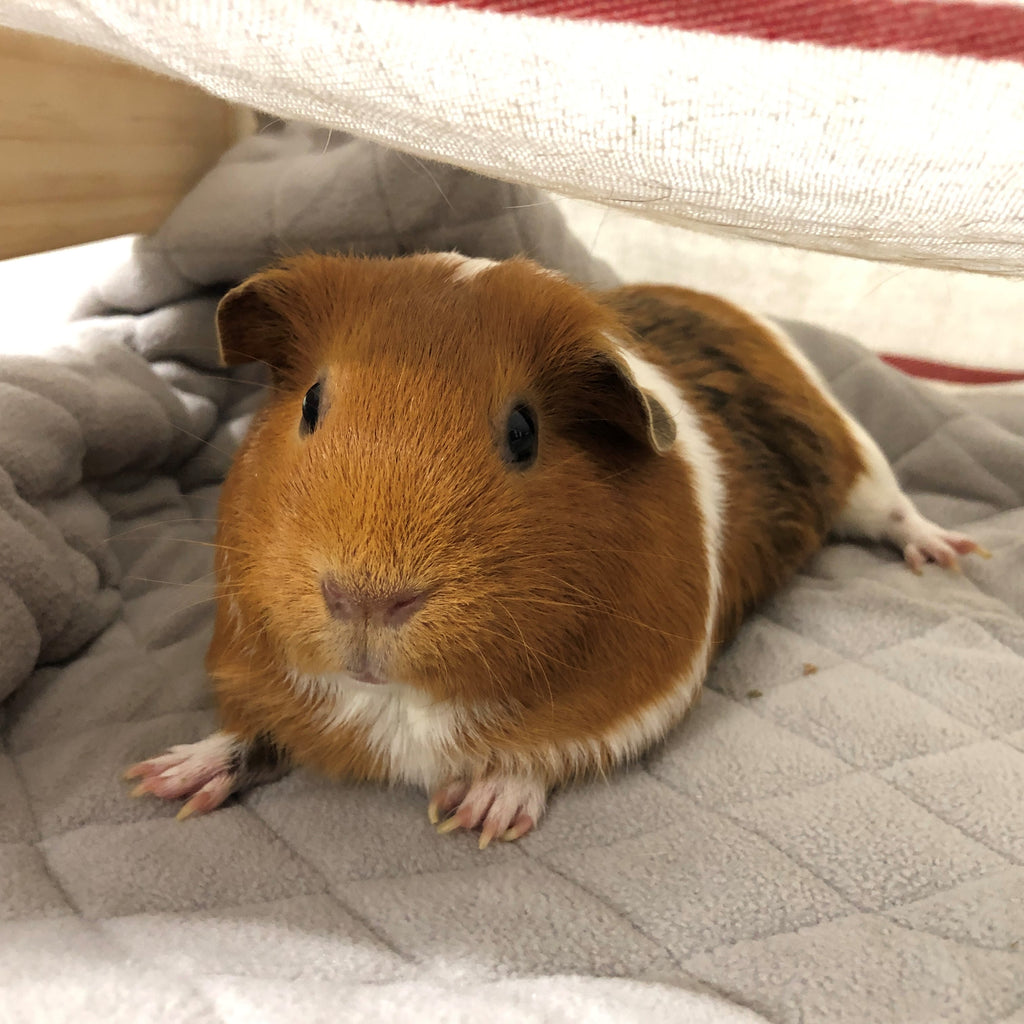
Guinea pigs are typically good at hiding signs of pain or discomfort, but there are several symptoms that may indicate the presence of arthritis in your furry friend. It's essential to keep a close eye on your guinea pig's behavior and health. Common symptoms of arthritis in guinea pigs include:
Reduced Activity: You might notice that your guinea pig is less active than usual. They may be reluctant to run, jump, or engage in their typical playful behavior.
Stiffness: Arthritis can often make it challenging for guinea pigs to bend their limbs or groom themselves.
Weight Loss: Pain from arthritis can lead to a reduced appetite, causing weight loss in affected guinea pigs.
Vocalization: Guinea pigs may vocalize more frequently when in pain. Listen for any increased squeaking or vocalization that could indicate discomfort.
Swelling: In advanced cases of arthritis, you might notice swelling around the affected joints.
Treatments for Guinea Pig Arthritis
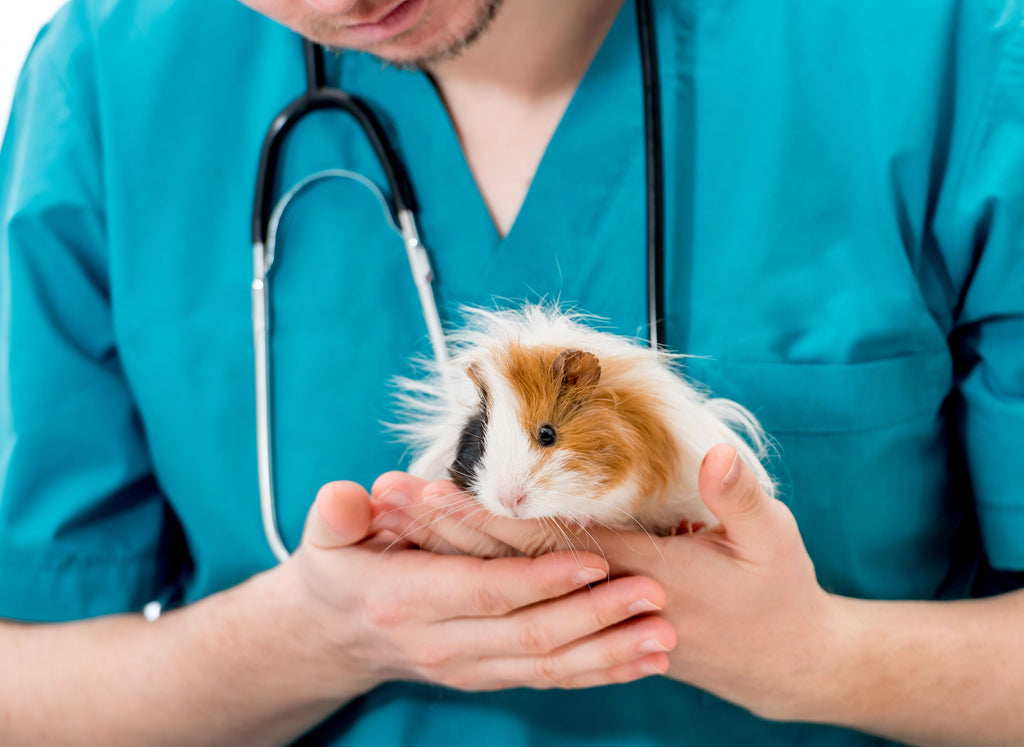
If you suspect that your guinea pig is suffering from arthritis, it's crucial to consult a veterinarian experienced with small animals. They can provide a proper diagnosis and recommend a suitable treatment plan. Common treatments for guinea pig arthritis may include:
Warm and comfortable bedding: Ensure your guinea pig has a warm and comfortable environment, as warmth can alleviate joint pain and stiffness. A warm, well-cushioned environment can make a world of difference when it comes to easing their pain.
Diet* & Weight Management: Maintaining a healthy weight is vital for guinea pigs with arthritis. Excess weight can exacerbate joint pain, so adjusting their diet to control weight is essential.
Gentle Range of Motion Exercises: Gently flex and extend the affected joints to improve mobility. For example, you can encourage your guinea pig to move their legs in a controlled manner, but be sure to do so gently to avoid causing any discomfort.
*All of the foods that are commonly linked to triggering arthritis in humans should already be avoided for guinea pigs (e.g. meat, gluten, dairy, sugar, alcohol, etc.).
The Best Bedding for Guinea Pigs
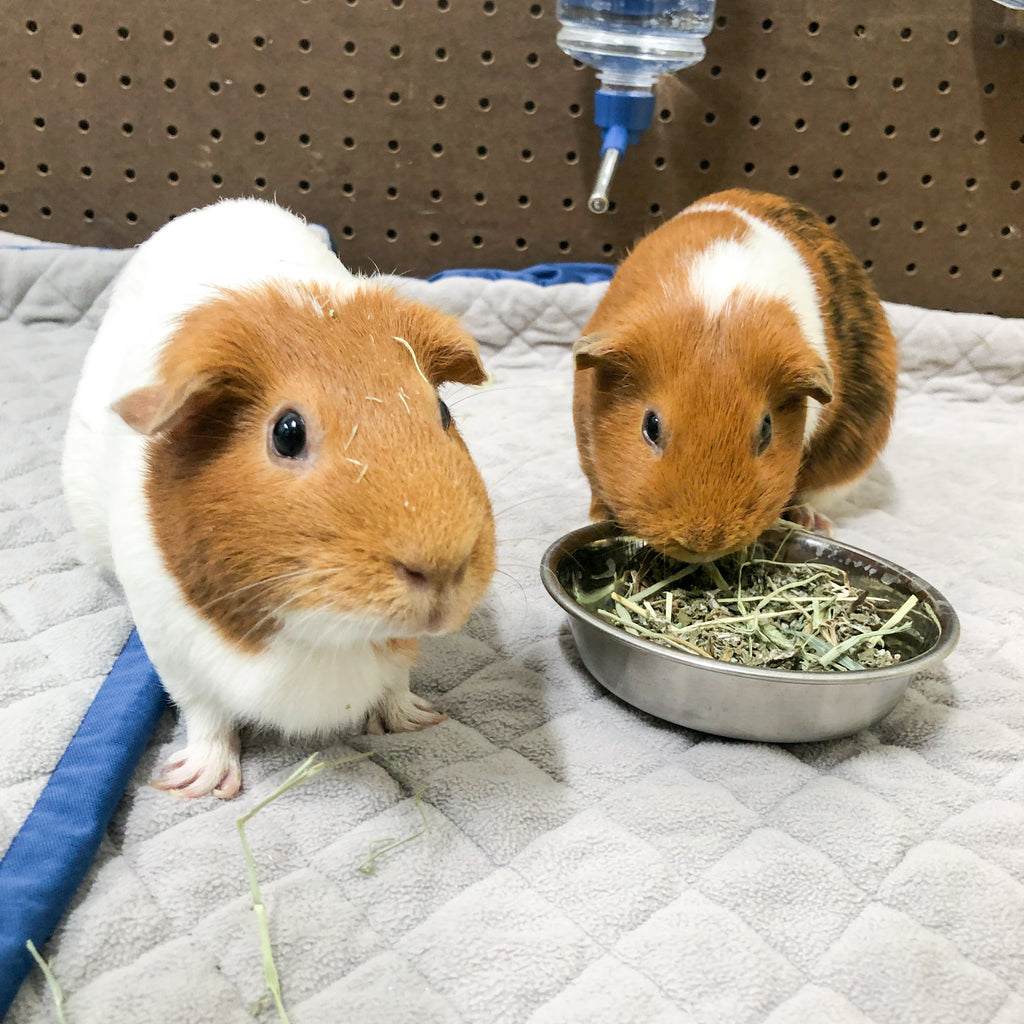
At GuineaDad, our own guinea pigs aging and experiencing arthritis is what drove us to create our own bedding for guinea pigs, and then we perfected it in our GuineaDad Premium Liner.
GuineaDad Liners are specifically designed to reduce impact on guinea pigs’ joints, creating a supportive, yet soft, cloud-like surface for them to stand on, while also reducing wetness and bacteria that could make them sick.
It’s no wonder that our Premium Liners receive the rave reviews they do from our customers, and it makes us very happy to read it.
Causes of Guinea Pig Arthritis
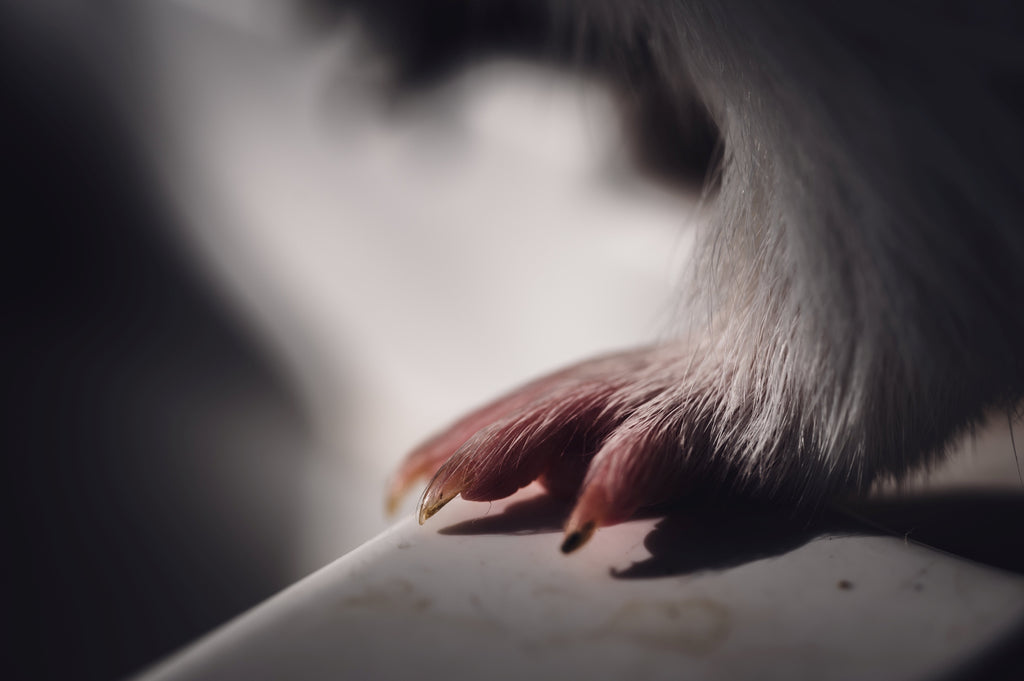
Arthritis in guinea pigs primarily stems from two main causes:
Genetics: Some guinea pigs may have a genetic predisposition to arthritis, making them more likely to develop the condition even at a young age. If a guinea pig's parents or siblings have had arthritis, it increases the risk.
Diet: maintaining a healthy weight is one of the best ways to protect your guinea pigs from unnecessary joint pain. A well-balanced diet of hay, vegetables, and guinea pig food pellets is the best way to go.
What You Can Do for Your Pets
_____________________________________________________________________________________________________________________________________
Further Reading
For other conditions that might make your guinea pig limp or appear to be in pain, you can learn more about common illnesses for guinea pigs here:
- Bumblefoot in Guinea Pigs
- The 13 Most Common Injuries & Illnesses in Guinea Pigs
- Elderly Guinea Pig Care Tips



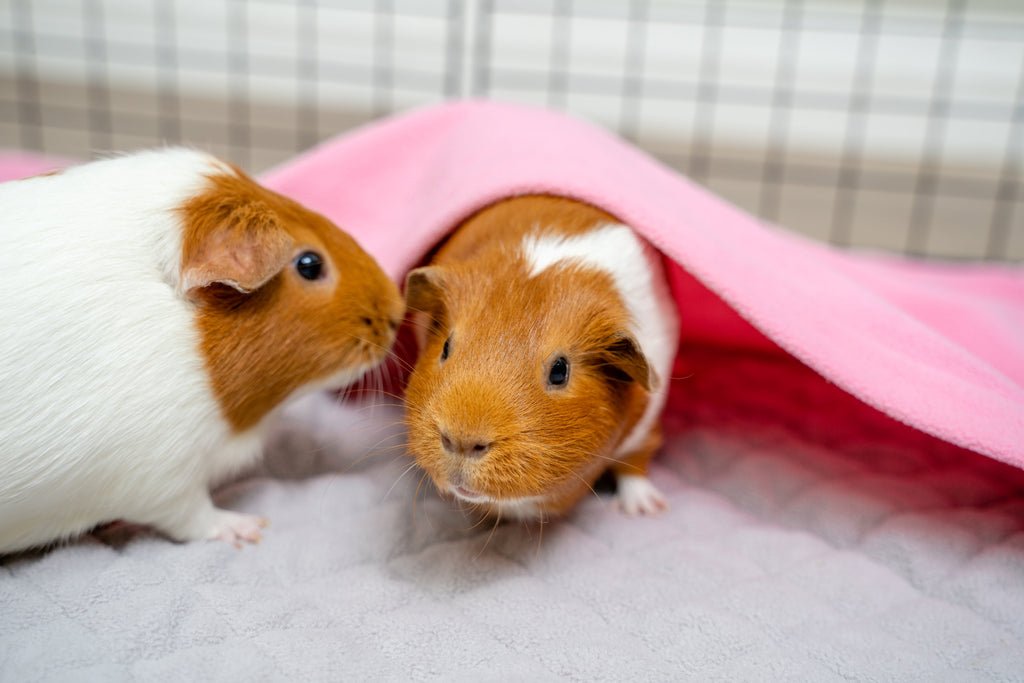

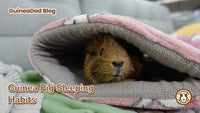

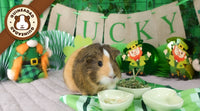
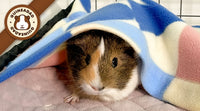
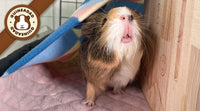

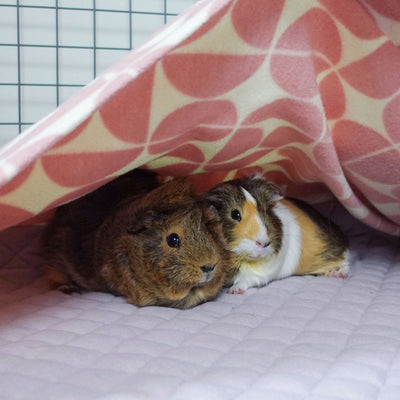
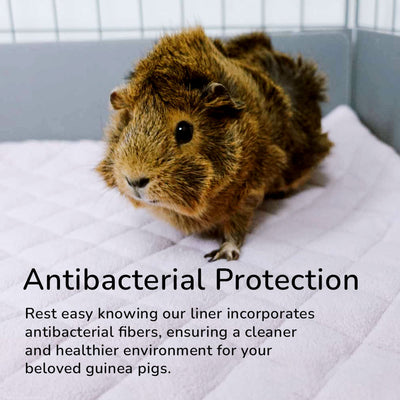
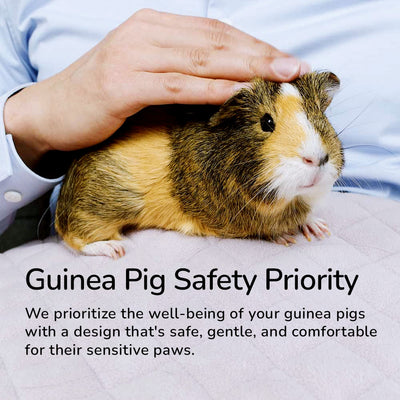



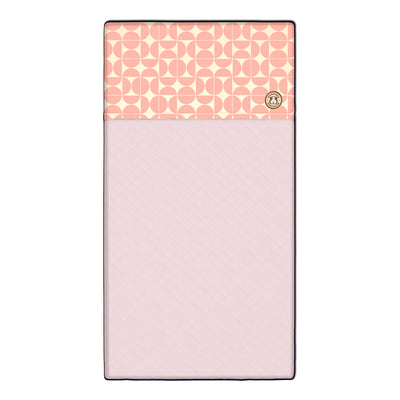
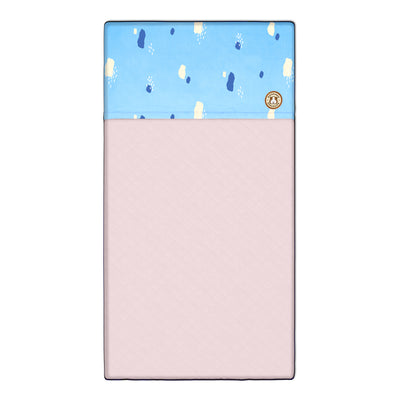




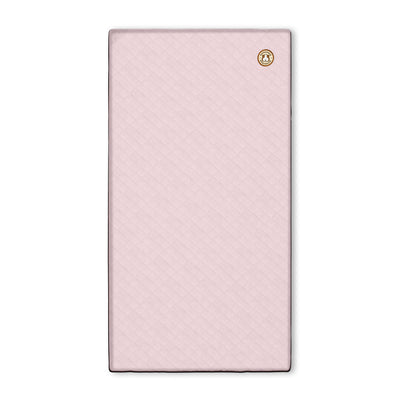
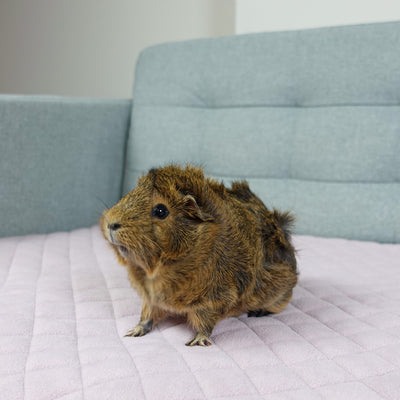
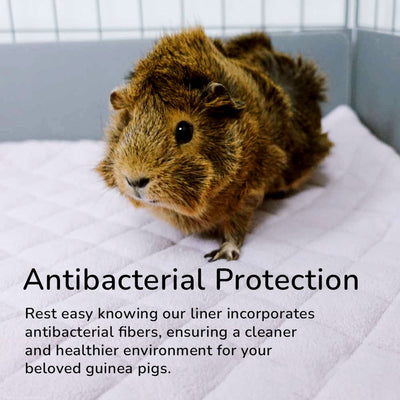
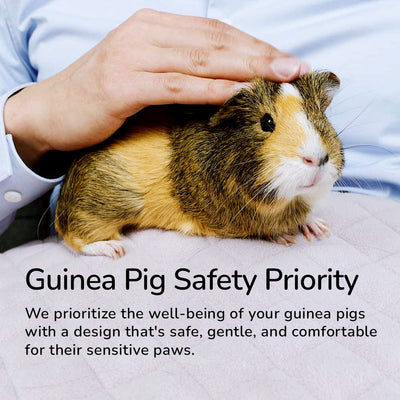




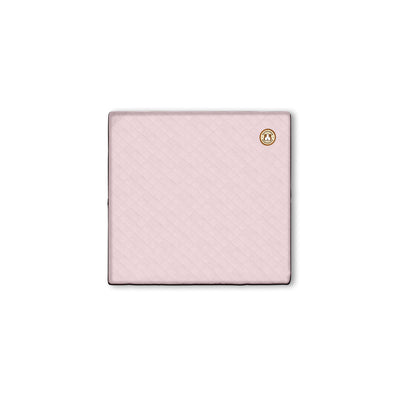
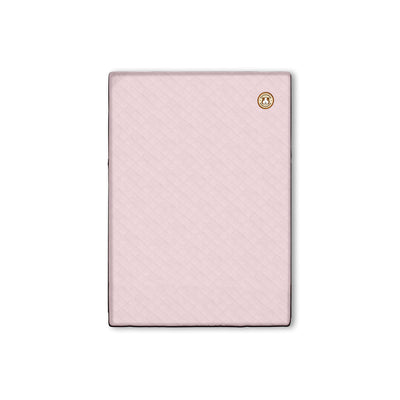

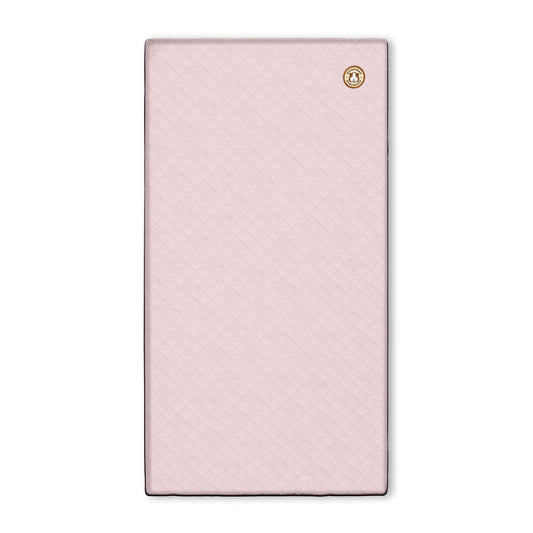
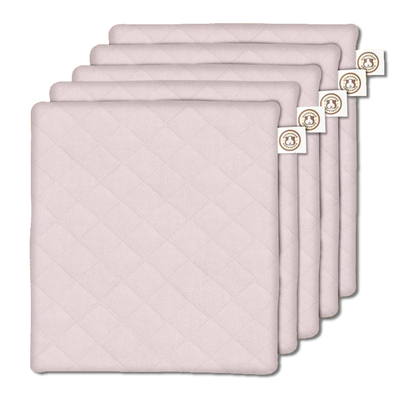
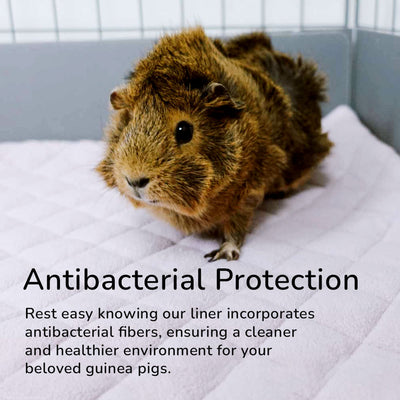
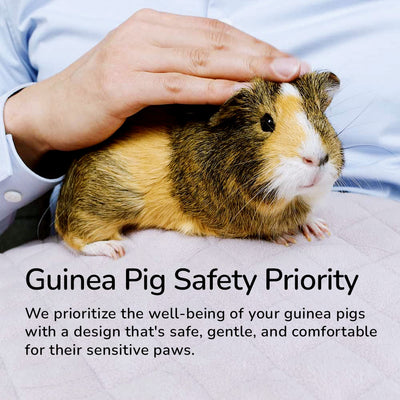


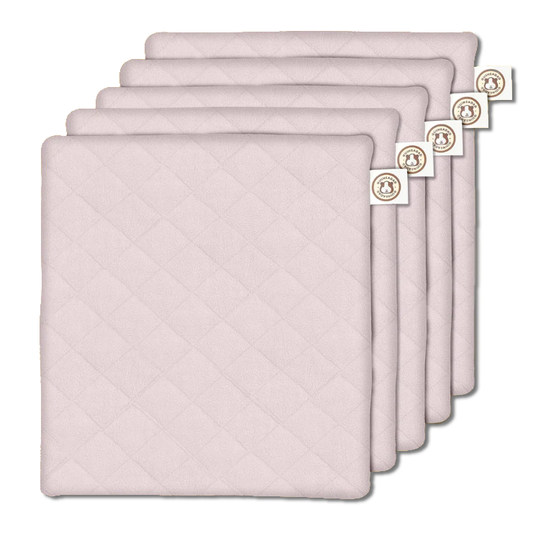
1 comment
Hi Guinea dad, I am working on a project for school about my piggies cinnamon and sugar. It would be amazing, if you could answer a few questions about piggies for me.
How much fresh grass do you let your piggies have? Is grass good for them?
Are Guinea pigs scared of heights? Can I put them on a high platform?
Will piggies be uncomfortable on moist grass?
Have you ever seen your Guinea pigs gnaw on plastic and if so will it be harmful for them?
Are Guinea pigs scared of enclosed spaces if the walls are clear?
I am sorry I am taking up your time but I really appreciate that you read this.
Thank You!
Lisa